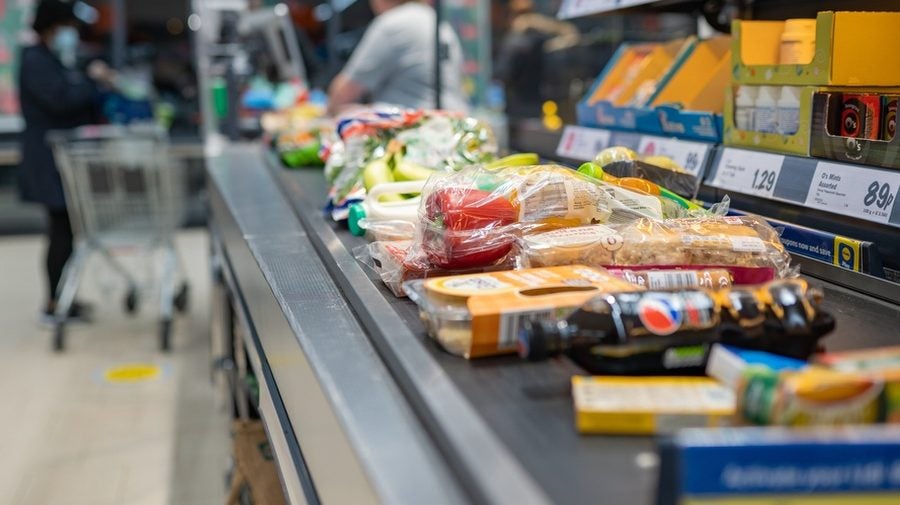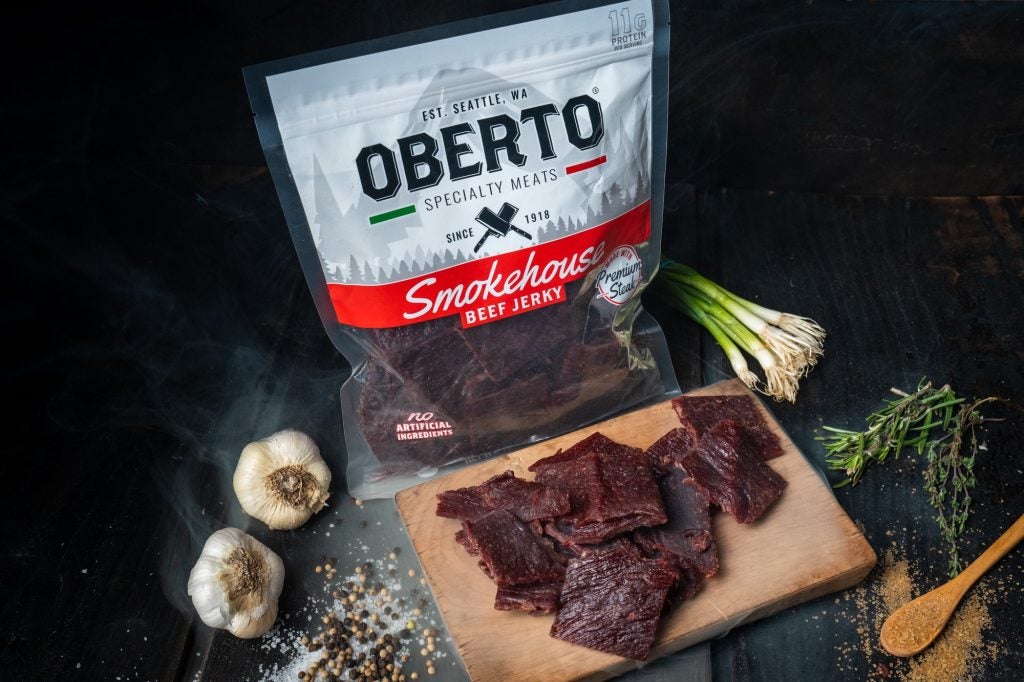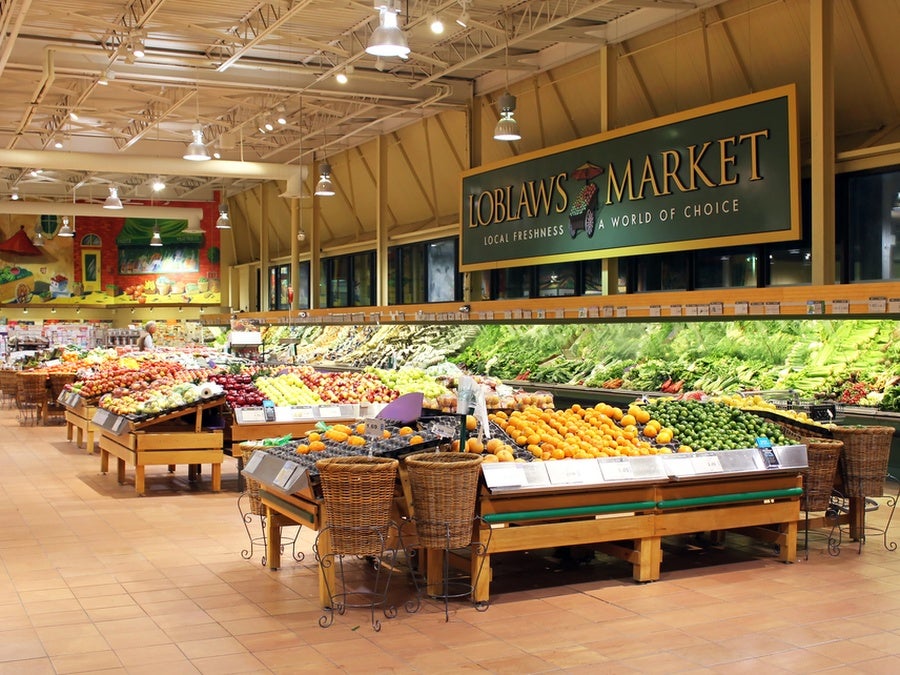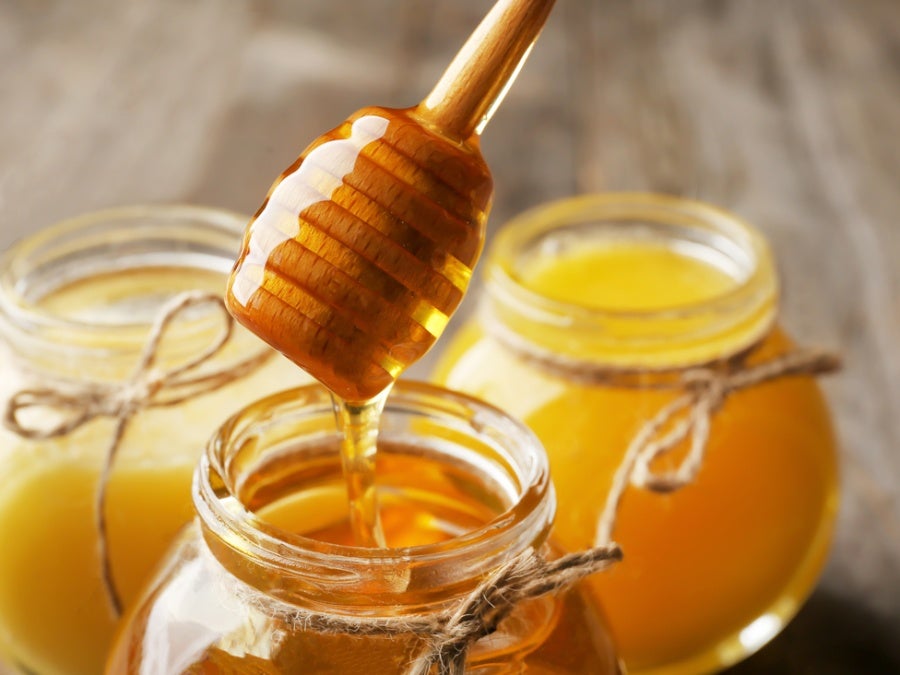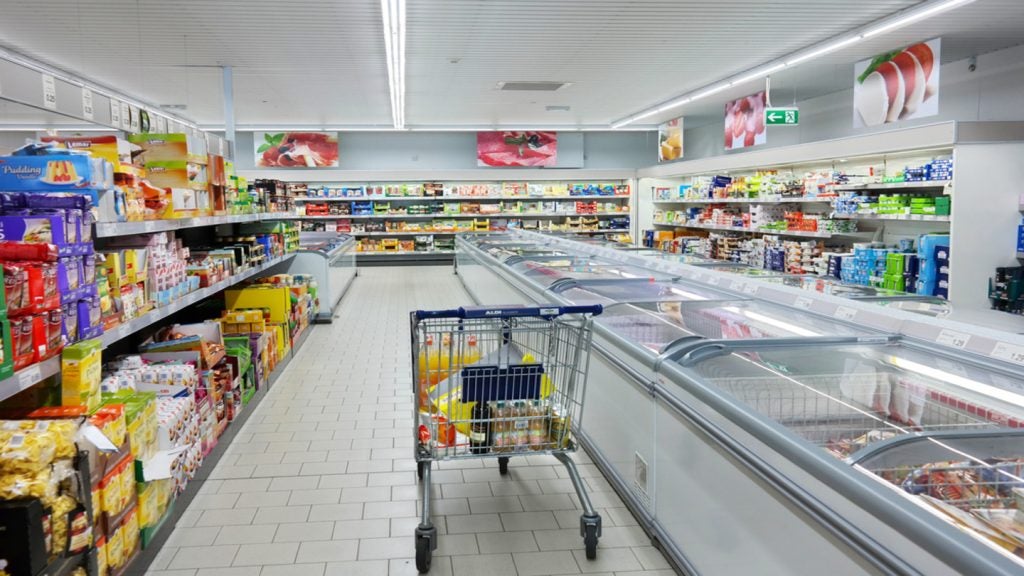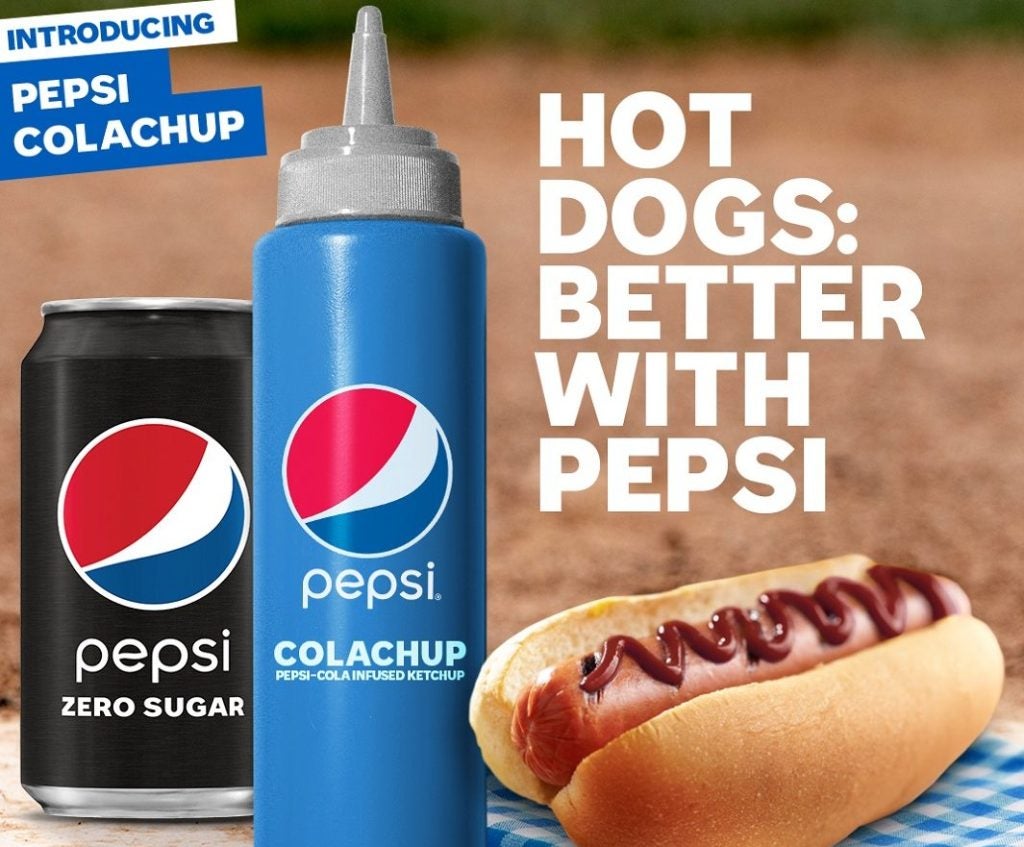UK grocery inflation slowed again in July but remains in double-digit territory, government data showed.
Headline inflation – measured by the consumer price index – rose by 6.8% in the 12 months to July, easing from 7.9% in June, the Office for National Statistics (ONS) reported today (16 August).
Meanwhile, the CPIH for food and non-alcoholic beverages slowed to a 14.9% increase in July on an annualised rate, compared to 17.4% in June. On a monthly basis, food inflation pulled back to 0.1%, compared to 2.3% in July last year.
Food and energy prices led the slowdown in top-line inflation, and when stripped from the core inflation number the country’s inflation remained unchanged from June. The CPIH excluding food, energy, alcohol and tobacco remained at 6.4%.
The UK Food and Drinks Federation said the grocery price slowdown was “encouraging”, predicting the rate of food and drink inflation would continue to fall over the coming months.
However, a spokesperson for the trade body warned grocery prices were still having devastating consequences for the industry.
“Food manufacturers are doing all they can to keep price rises to a minimum, making savings wherever possible, while paying a fair price to their suppliers," the spokesperson said.
“But the impact on our sector is clear, with insolvencies on the rise, particularly among smaller businesses, investments paused and vacancies running much higher than any other manufacturing sector - all of which is having a negative impact on future growth.
“Government needs to continue to work with us to mitigate these issues, simplify and revisit forthcoming regulation on borders, labelling and recycling, to help reduce unnecessary cost burdens for businesses, and create conditions for growth.”
At the start of August, the British Retail Consortium – which calculated July's food inflation rate at 13.4% – warned there could be further hurdles before consumers see a meaningful reduction in the price of their weekly grocery shop.
CEO Helen Dickinson said: “These figures give cause for optimism but further supply chain issues may add to input costs for retailers in the months ahead. Russia’s withdrawal from the Black Sea Grain Initiative and subsequent targeting of Ukrainian grain facilities, as well as rice export restrictions from India, are dark clouds on the horizon.”
Last month, consumer group Which? called for more to be done to tackle the price of food, lobbying retailers to introduce measures such as stocking essential budget-line items in convenience stores.
Meanwhile, an investigation by the UK’s competition regulator last month concluded supermarkets were not unduly profiteering from pushing up grocery prices but called for reform on how retailers price their goods.
After a two-month review in the context of “historically high levels” of UK food inflation, the Competition and Markets Authority said: “Evidence to date indicates high food-price inflation has not been driven by weak retail competition, but competitive pressure is important as input prices fall.
“Rules on unit pricing should be tightened and retailers must comply to help shoppers compare prices easily.”


